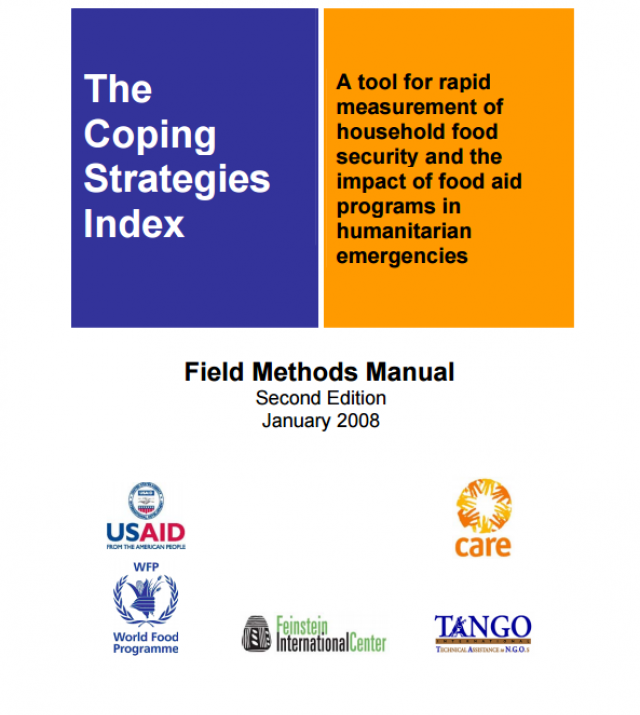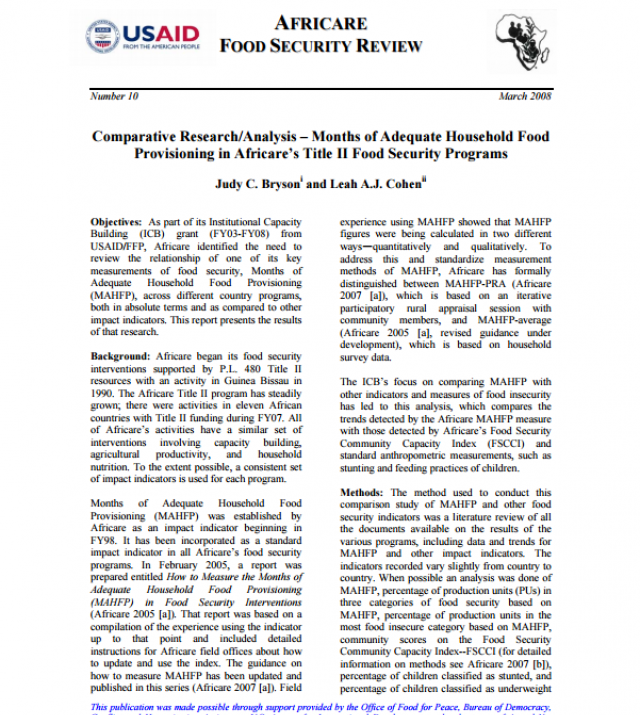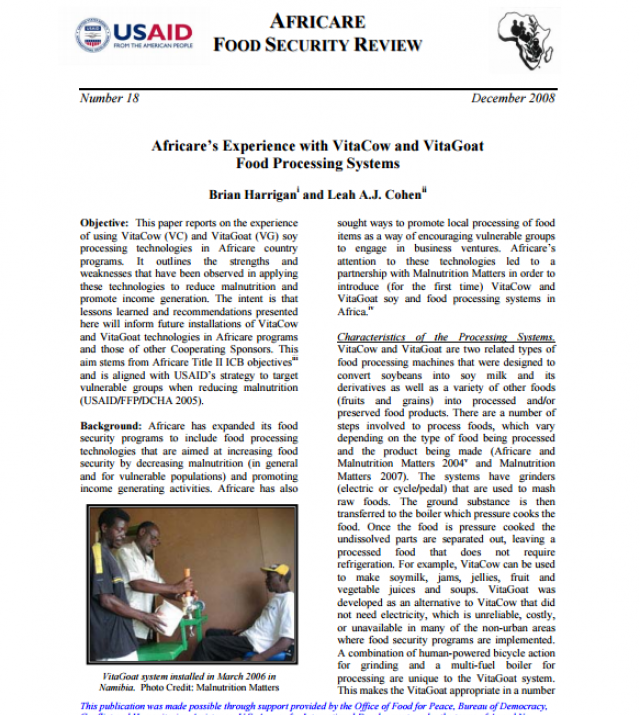
The Potential of Indigenous Wild Foods

The characteristics of the Sudan emergency are what led USAID to adopt a rehabilitation-oriented approach for the zones of stability within southern Sudan. Relative stability created the necessary conditions for the provision of less traditional food aid and the provision of more assistance aimed at economic recovery. The USAID approach differs from other donors because of the size of the share of its assistance that has gone toward rehabilitation-oriented activities.
The indigenous wild food plant study in southern Sudan is one of the projects supported by USAID which is intended to provide better information on the tremendous resource base already existing in southern Sudan and the potential for indigenous wild food plants (IWFPs) to play a vital role in attaining food security. With more information about what people eat and when, donor agencies will have a better idea of nutrition needs. In southern Sudan, the IWFPs study included field surveys, data collection, and community discussions. The Workshop on the Potential of Indigenous Food Plants, held in Diana, Kenya, 22-26 January 2001, was an effort to extend lessons and information from the Sudan experience and to assess similar work in the region. This proceedings report summarizes discussion of the workshop.

